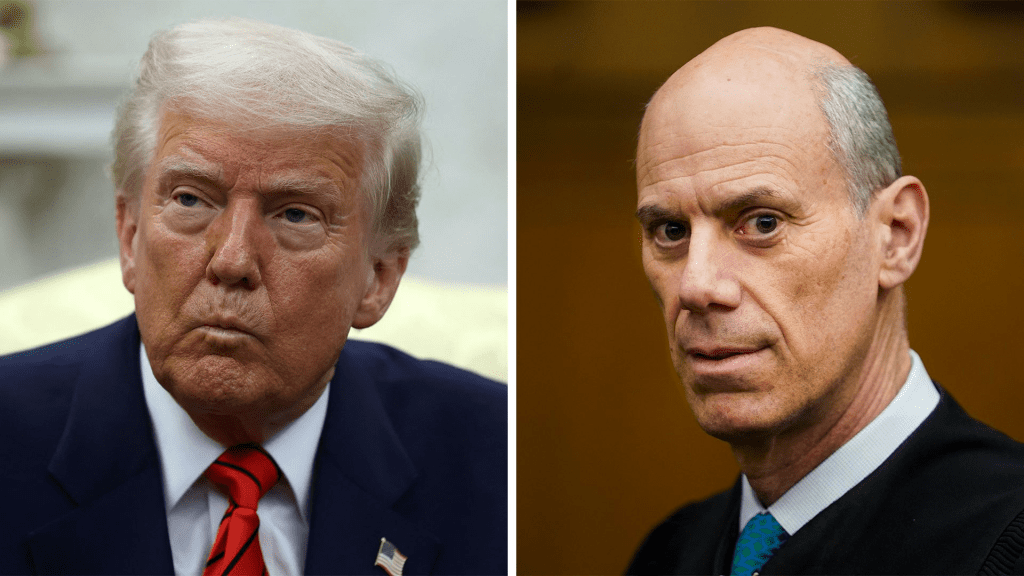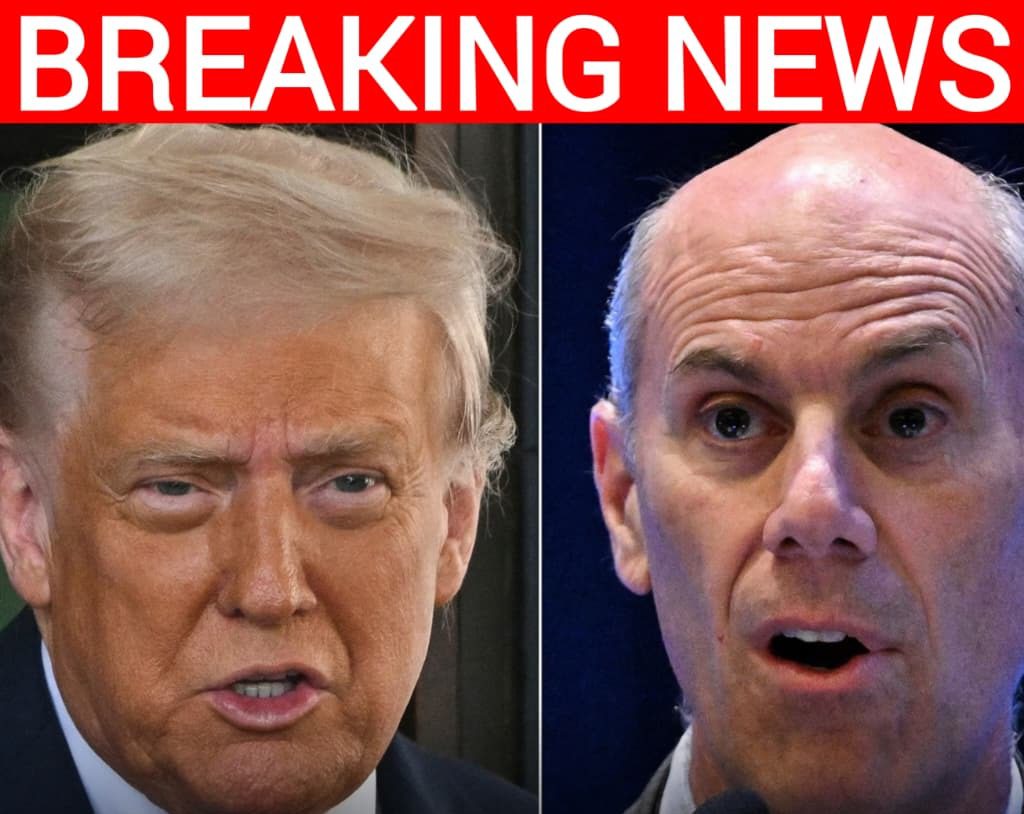How Chief Judge James Boasberg Went From Quiet Federal Bench to the Center of an Impeachment Storm
In Washington’s rarely quiet judiciary back rooms, where even a judge’s gavel tends to make barely a ripple beyond the marble, something unexpected is bubbling up around James E. Boasberg. Known for his work as Chief Judge of the U.S. District Court for the District of Columbia, Boasberg has lately found himself thrust into the glare of political controversy. On November 4, 2025, Brandon Gill, a Republican congressman from Texas, introduced articles of impeachment accusing Boasberg of abusing his judicial authority and “weaponizing” his office against political opponents. At the heart of the accusations: a sweeping probe dubbed Arctic Frost, carried out by then-Special Counsel Jack Smith and the Federal Bureau of Investigation under the United States Department of Justice, which allegedly targeted scores of Republican lawmakers and organizations. Republicans say Boasberg authorized gag orders and subpoenas for phone records that swept in senators or their offices, including those aligned with former President Donald Trump—moves that critics say amount to judicial overreach.

On October 29, 2025, Senator Chuck Grassley released whistleblower-driven files stating the probe sought 197 subpoenas targeting 34 individuals and 163 businesses tied to Republicans, covering at least 430 entities. According to these documents, the order signed by Judge Boasberg barred AT&T from notifying one senator about a records request, ostensibly because such notice would risk “destruction of … evidence” and “serious jeopardy to the investigation.” Verizon complied with the request, AT&T did not. Under the Stored Communications Act, judges have discretion, but the Republicans say the scale and targeting expose a constitutional breach. Boasberg’s critics, including Senator Ted Cruz of Texas, called the revelations “Joe Biden’s Watergate,” accusing the DOJ and FBI of assembling what they believe was an “enemies list.”
Boasberg, prior to this storm, was something of an uncontroversial figure. A Yale-educated jurist with decades of federal service, he was confirmed by the Senate in 2011 by a 96-0 vote. He served on the U.S. Foreign Intelligence Surveillance Court and had a reputation for measured decisions. But in recent years his actions have drawn special scrutiny. In 2023, he issued rulings halting deportation flights to El Salvador under a Trump-era executive action—a move that earned him sharp rebukes from conservative lawmakers long before the Arctic Frost scandal surged.

Now, the impeachment articles introduced by Gill accuse Boasberg of “abuse of power” and of allowing his office to be used to “advance political gain while interfering with the President’s constitutional prerogatives,” citing his role in authorizing secret subpoenas and nondisclosure orders during the Arctic Frost probe. This resolution, filed as H.Res.229 in March 2025 but revived in light of the newly released documents, marks a rare effort to impeach a federal judge—not for wrongdoing tied to criminal behavior, but for alleged misuse of judicial discretion.
The implications are vast. If a judge who signs off on investigations can be held accountable via impeachment, what does it mean for separation of powers, for judicial independence, and for how far the executive and legislative branches can push investigations of political opponents? Boasberg’s defenders point out that federal law allows judges to authorize subpoenas and gag orders in grand-jury investigations and intelligence matters—and that much of the material remains classified, limiting public review of the materials Boasberg considered. They also note that impeachment of federal judges is rare and meant for “high crimes and misdemeanors,” which raises the bar for prosecution and removal.

Still, to lawmakers and activists on the right—and to Trump supporters who view this as a concrete step in turning the tables—the Boasberg case represents more than legal nuance. It’s a symbol of perceived double standards: veteran Republicans say that while Trump and his allies were under heavy investigation, a judge now sits at the center of a probe that appears to have reached deeply into their ranks, pre-trial, under secrecy. For them, the notion that a judge could approve a subpoena for a sitting senator’s phone records without his knowledge crosses a line. The potential role of partisan politics in the executive-branch investigation isn’t lost on observers.
For Boasberg himself, the crisis is personal and institutional. Judges often seek to stay above political fray, but the storm now threatens to reshape his reputation—and possibly his career. The House Judiciary Committee will decide whether to proceed, and if the process advances to the Senate, Boasberg may find himself facing a trial akin to those seen only rarely in judicial history. In the meantime, the courtroom halls echo with a new kind of tension: one where judicial authority is not presumed immune from oversight, but contested.
What happens next matters for more than one man. It matters for the judiciary’s relationship to political investigations, for the integrity of grand-jury secrecy rules, for how much latitude judges have when national-security or high-stakes federal probes collide with the rights of elected officials. Whether Boasberg ultimately defends his rulings in full public view, resigns quietly, or fights on in court, the message is clear: the offense is no longer just the investigation—it’s whether our system properly balanced the power to investigate with the rights of the investigated.
For the Trump-aligned movement this is more than a sidebar. It is a push to hold accountable not just actors in the executive branch, but the judicial figureheads who may have given those actors cover. As the 2025 campaign season intensifies ahead of 2026, Boasberg’s fate may ripple across federal courts, congressional oversight and the broader war over how politics and justice intertwine.


